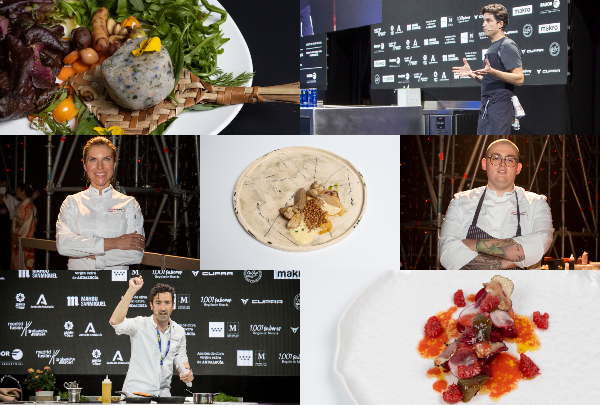News
Putting the human factor first
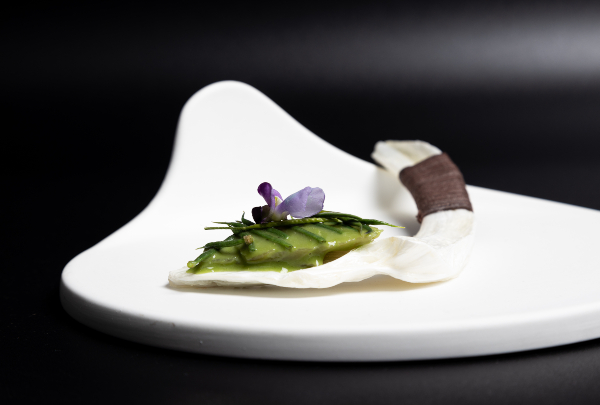
To be genuinely sustainable a restaurant must place people at centre.
Of all the elements that make up the circular gastronomy, the one that focuses on ingredients – their provenance as well as their usage – is the one that tends to get most attention. In recent months, the attention has turned to the element that centres on the human beings who work in the sector, partly In part brought on by the pause that the pandemic introduced when restaurants had to close, there
Chefs and restaurateurs have had a chance to stop and consider the human cost of a punishing work schedule in restaurants. Josep Roca, the sommelier and front of house director at El Celler de Can Roca, shared a fascinating presentation reflecting on the importance of emotion in the dining experience, as he outlined the initiatives his team have launched to create a better environment.
“Looking after the team is the best kind of investment a restaurant can make,” said Roca.
And according to Björn Swanson, the chef and owner of Faelt restaurant in Berlin, sustainability should reach far beyond the food in the kitchen and on the plate. A sustainable approach should be equally applied in the dining room and across the entire restaurant.
“Being sustainable also means that you keep your set-up simple,” he said. In Faelt there is just one other chef working alongside Swanson and there are three members of staff working front of house. How he works with his team is crucial to Swanson.
“Right now, many restaurants are desperately looking for staff, they struggle to find people,” he said. Creating a good atmosphere and taking care of staff means people enjoy their job and want to stay. “I depend on my people and if they are happy everything will taste good,” he concluded.
It is a philosophy shared by Diego Rossi, who attended Madrid Fusión Alimentos de España to share the story behind his modern trattoria Trippa in Milan.
“When we talk about sustainability we must talk about human sustainability,” he said. “In Trippa the team works eight hours a day; I understand that they have a life and this way they work better. If we spend 18 hours in the kitchen we can’t think about what we are doing, we don’t know what we are doing.”
Judging by the applause in the main auditorium of IFEMA, this is a sentiment shared by many in the hospitality sector. There has long been talk of the punishing schedule endured by restaurant workers; now the pandemic has forced a conversation that could yet bring change for the better.

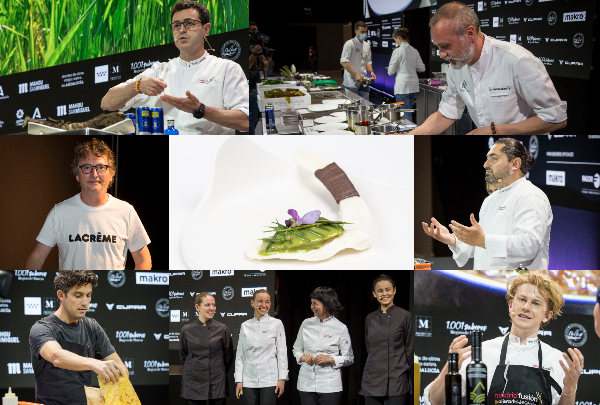
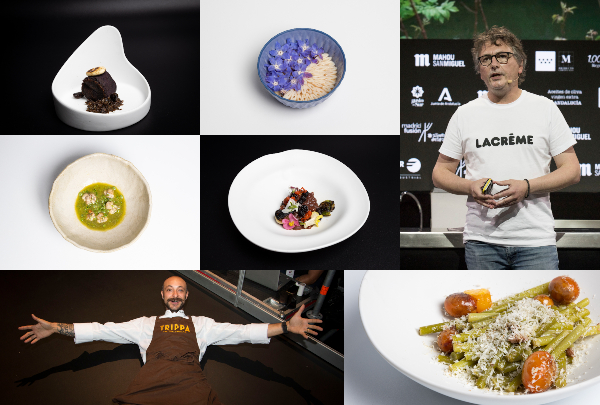
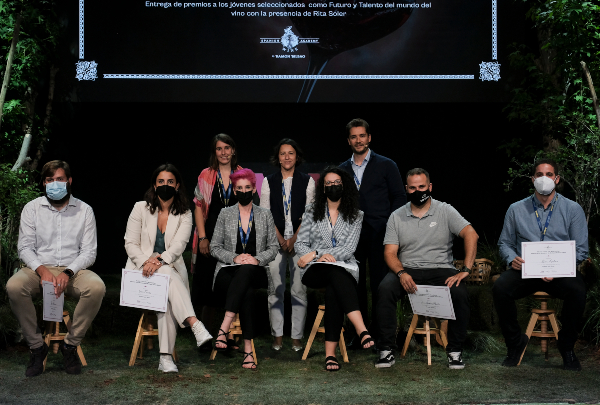
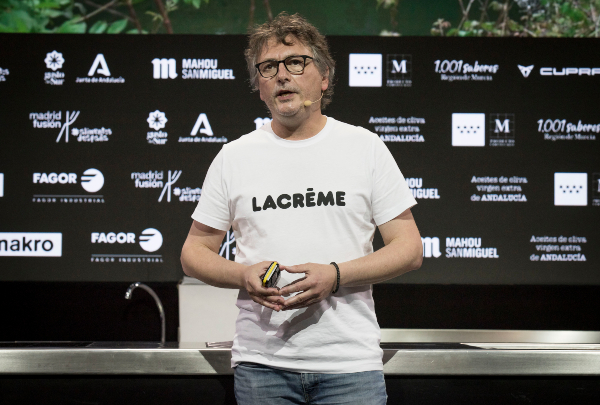

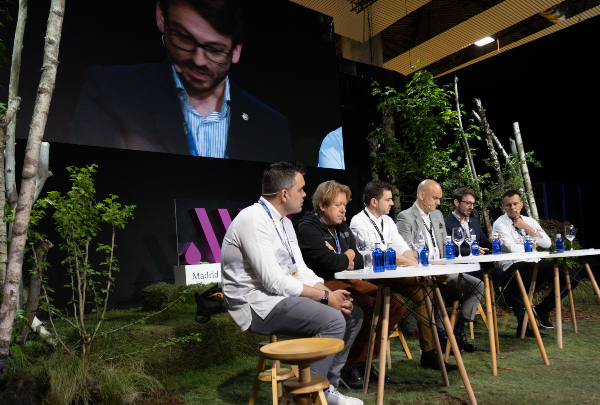
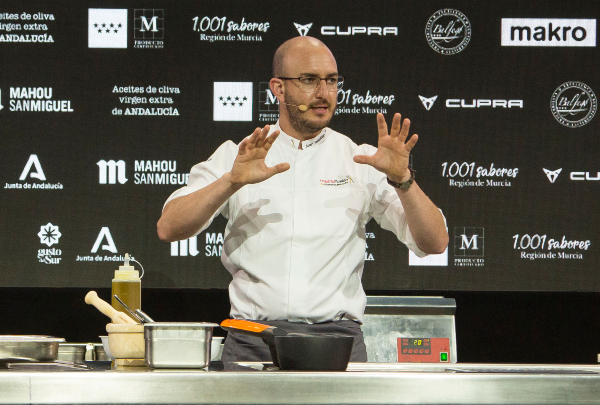
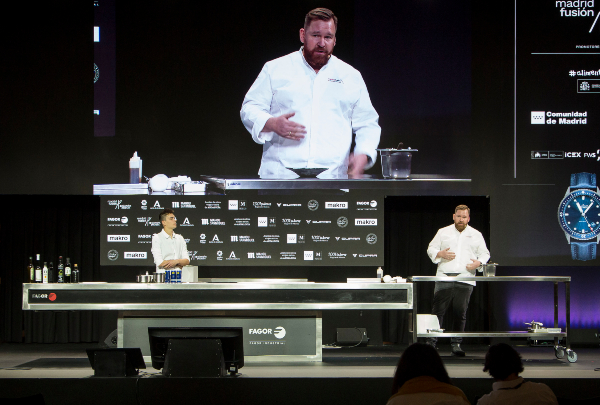
.jpg)
